Winterbloom Neptune: Interplanetary filter with a salty attitude
Neptune pushes hard into characterful vibes and wild filtering parties in search of chaos and resonance. It’s designed to be disturbing.
Neptune
With spacy-themed things, one expects a languid oozing into vacuums of never-ending reverbs. You’d imagine a bit of breathtaking beauty, awesomely cinematic soundscapes and wonder, but with Neptune, not so much. Neptune is wild, chaotic, and improper and if you took it down the pub, it is likely to get you arrested.
Neptune is a resonant 4-pole diode ladder filter based on a design by Moritz Klein and built in collaboration with Carson Walls of Decapod Devices. It has the style of Winterbloom bleeding through in the front panel design and background LEDs, and when in full flight, it looks gorgeous.
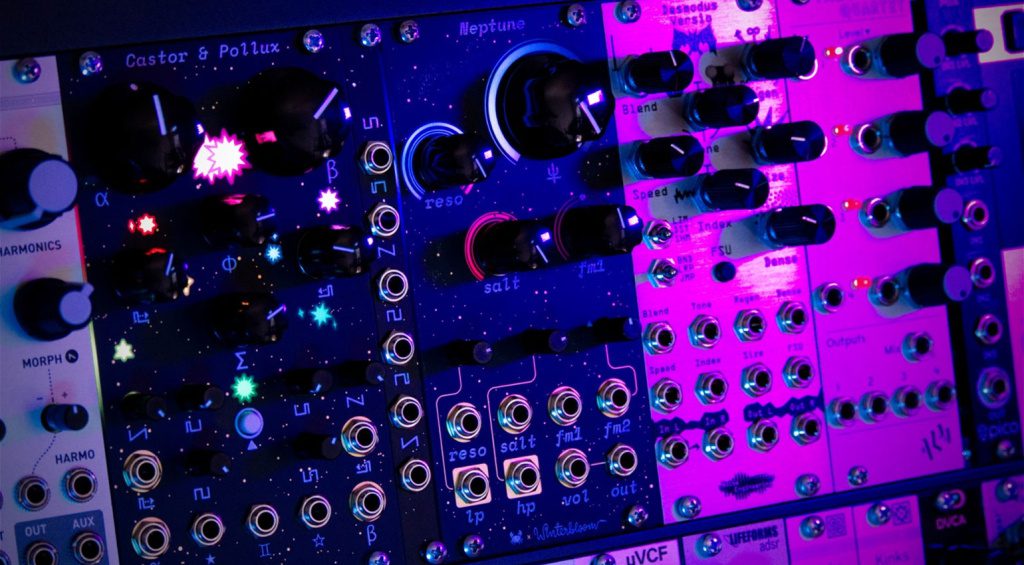
Filtering Salt
The routing of the filter is a little different to most other filters. Usually, you’d expect to find separate outputs for filter modes, but with Neptune, we have separate inputs for the lowpass and highpass modes. You can use them separately, and Neptune will perform like any other filter. But if you use them together you’ll find some new possibilities opening up for combining and filtering multiple signals.
Neptune is a diode filter and so shares some of its topology with the famously squelchy Roland TB-303. Diode filters are known for their grit and tendency to behave badly when overdriven or pushed to high resonance. But the real distinction of Neptune comes in the form of the “Salt”.
The Salt control on the front panel governs a feedback modulation circuit that can pull Neptune through a back-ripping path of gravel into some wild and chaotic oceans of distortion. It brings in a level of unpredictability that is likely to give you a bit of trouble in the best possible way.
Otherwise, you’ve got a couple of FM inputs for CV control of the cutoff, CV control of the resonance, and a built-in VCA for volume control.
All in all, Neptune is an exciting-sounding and fabulous-looking filter for your rack.
Availability
Neptune is available now for $219 built or $189 as a through-hole kit.
- Winterbloom website.
- More from Winterbloom.
One response to “Winterbloom Neptune: Interplanetary filter with a salty attitude”

 4,0 / 5,0 |
4,0 / 5,0 | 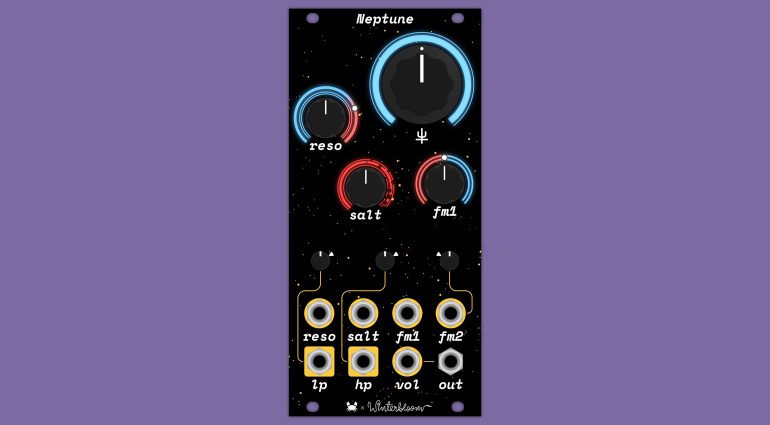
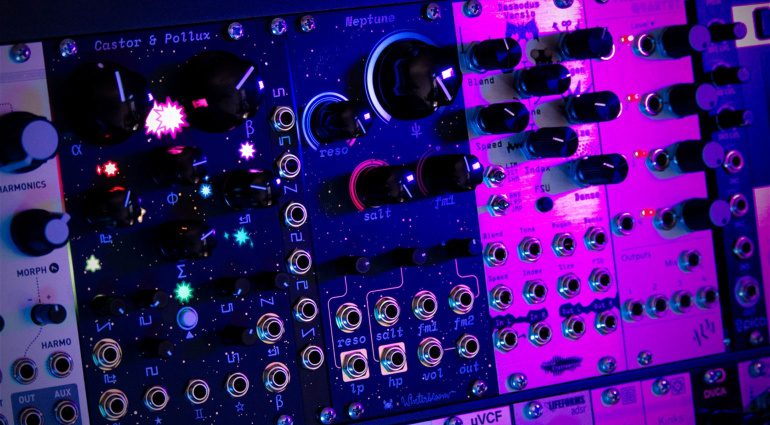


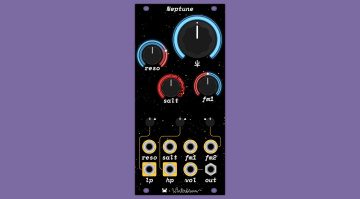

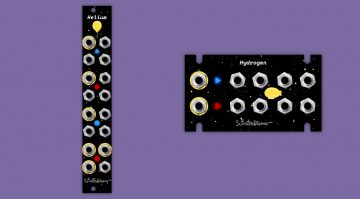
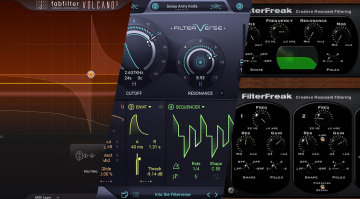

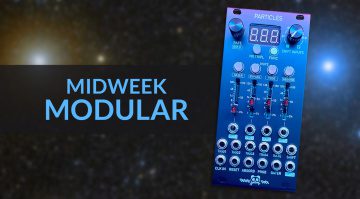
The collaboration between Moritz Klein and Carson Walls in creating this resonant 4-pole diode ladder filter adds to the excitement. It’s always fascinating to see talented individuals come together to create unique and innovative musical tools.